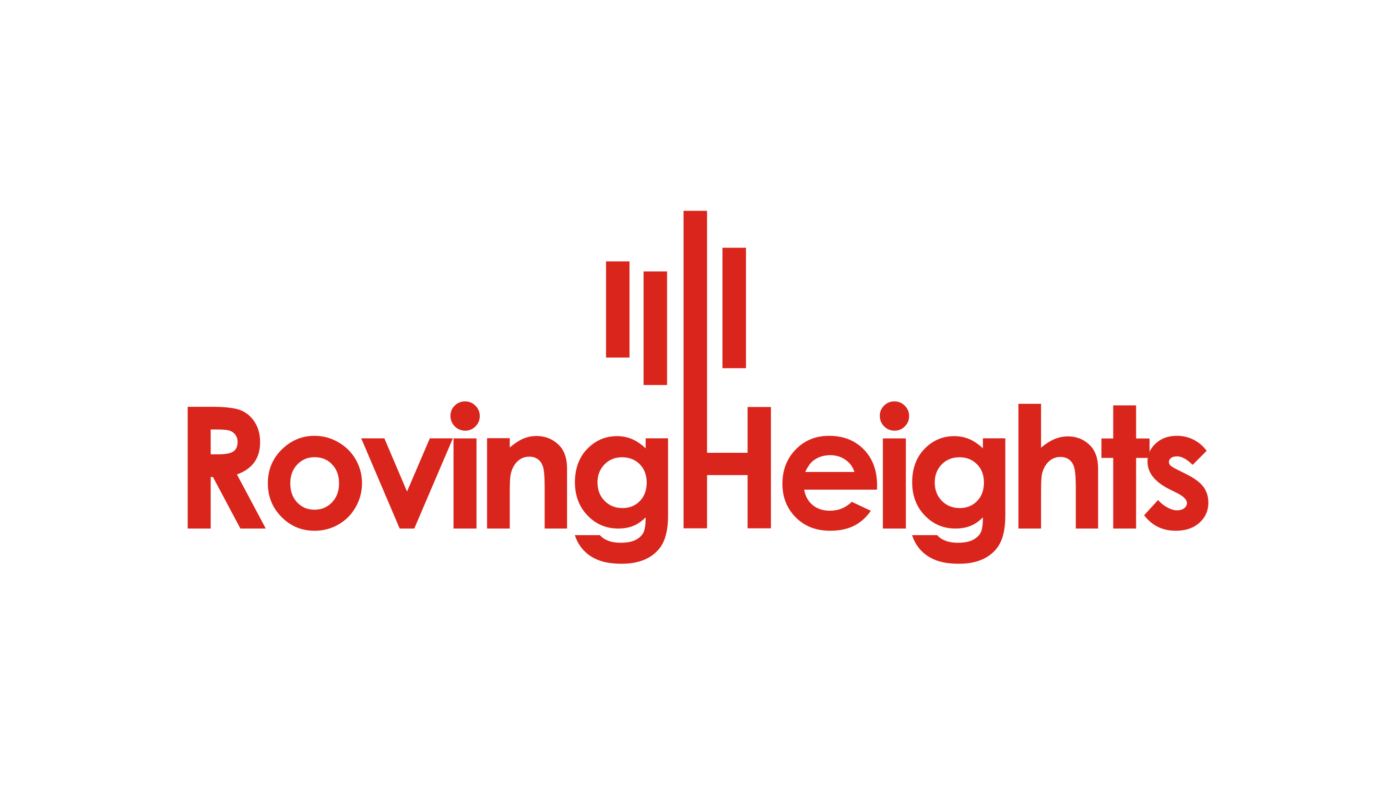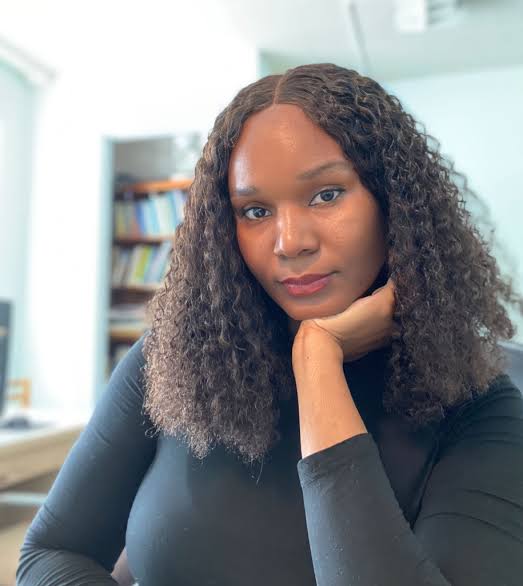Interviews
I Was Back to Being the Playful Child Who Thought She Could Do Anything-In Conversation with Ukamaka Olisakwe
After reading Ukamaka’s Don’t Answer When They Call Your Name, I couldn’t stop thinking about it. A few months ago, I was having a discussion with one of my mentors, and she was expressing how there was a lack of middle-grade books in Nigeria. We went around the bookstore that day, as we were in a bookstore, and there were a few books for children under the age of 7 – more than enough books, actually. But for younger readers between the ages of 12-16, there seemed to be a few of them, most of them published by Masobe Books. So, first, I am excited that we are getting more books like this for younger audiences.
After thinking about this book for a while, I decided to ask Ukamaka a few questions about how this book came to be. I was very interested in the process of writing for a younger audience, how she managed the language and the pacing, her sources of inspiration for this book, and whether it might evolve into a trilogy. Ukamaka generously provided insightful and detailed responses to all of my questions.
If you don’t know, Ukamaka Olisakwe is a TV Writer, Novelist, and Editor. A UNESCO Africa39 honoree, a University of Iowa IWP fellow, a VCFA Emerging Writer Scholarship winner, a Miles Morland Foundation Scholarship finalist, and a Gerald Kraak Prize runner-up. Her works have appeared in The New York Times, Granta, Guernica, Longreads, The Rumpus, Catapult, The Johannesburg Review of Books, Google Arts & Culture, and elsewhere.
Her books include “Ogadinma” (2020) and, most recently, “Don’t Answer When They Call Your Name” (2023). She is writing a TV series, “Agoodjie,” for Canal+ / StudioCanal. She is also the Founder and Editor-in-Chief of Isele Magazine and The Body Conversation.
Nnaemeka Nnam: Hello Ukamaka, thank you for granting this interview. I am still reeling from the wonder that is Don’t Answer When They Call Your Name. I have loved your writing since Ogadinma days and earlier this year I had the opportunity of being in the Idembeka creative writing workshop where you taught about scenes and episodic descriptions. I must say that I saw your teachings throughout this book. I was impressed with how you were able to show so much and tell so much, with such tender language.
So my first question is, was it a difficult struggle to write in a language that is suitable only for a younger audience? Did it get frustrating at any point?
Ukamaka Olisakwe: Thank you so much for that warm note. DAWTCYN was such fun to write. Unlike as it was when I wrote Ogadinma, DAWTCYN allowed me room to play. I wasn’t responding to major cultural conversations, I wasn’t making grand statements about the human condition or attempting to use my characters as tools to parse wisdom, and I wasn’t strategically putting my work in conversation with the others who had come before mine, or weaving it into a gap in our literary landscape; with DAWTCYN, I was back being the playful child who thought she could do anything and went ahead and did it. Yes, there is the serious prologue that sets the premise for the story, but right after the messy mom-and-dad drama, Adanne is introduced to this adventurous and fantastical world. And finding the language to articulate this world wasn’t difficult; I simply had to strip myself of all adult trauma (because, really, adulthood is nothing but an unforgiving, unyielding, and uncontrolled rollercoaster of unending traumas). And when I had rid myself of that lens through which I currently see the world, the fantastical became accessible to me and I explored it with the pure ebullience of that young girl who thought she could do anything.
Nnaemeka: I don’t know about other readers but I enjoy fast-paced books, and that’s something I experienced with this one. Questions were getting answered as they were popping up, and characters were getting fleshed out, how was that experience for you? Was it something you were very intentional about?
Ukamaka: I think Adanne’s journey seems intentional because of her state of mind. She was able to find answers and loose ends because she wanted something and she needed to know what she must go through and who would pose a challenge to her quest. Her drive, her stubborn belief in the self, and considering that we see this world completely through her eyes, made the plot intentional.
Nnaemeka: Big Mother was such a sassy character, I was absolutely rooting for her, I love me a sassy powerful witch. Lol. How was the experience modelling her? Was she based on someone?
Ukamaka: I think she is my favourite, after Adanne of course. She is messy and problematic and selfish, the sort of selfish I lately am interested in. And she is a composite of many women I’ve known and researched. Recently, I read Stephen Graham Jones’ The Only Good Indians, a work of horror about this vengeful mother Elk who returns to haunt her killers. The book is gripping and beautifully written and we discussed it at a horror panel I attended last weekend, where my colleagues made a point about how women are written as villains and often as mothers who mete out punishment to those who harmed them and their babies. I love that trope; there’s nothing more searing than a mother’s rage. With DAWTCYN, though, I did something different with this mother: she wasn’t fighting back because she was ripped from her children; she was fighting back because she was ripped from herself, from who she had thought she would become. I also love that kind of rage, a rage fueled by love and obsession with the self. A rage that reinforces what we mean when we say that a woman is a full human being deserving of dignity and respect, and not on the condition that she is someone’s mother or wife or sister.
Nnaemeka: Wow, that is beautiful.
I don’t know if this is public information but I saw on the streets of Twitter that this might be a trilogy. If it will be, I’m very excited— growing up it was much easier for me to read book-series than trying different authors across different genres—so tell me, will it be a trilogy? If so, what’s the inspiration behind that and what will the other two books be about?
Ukamaka Olisakwe: Yes, this will be a trilogy, but I am too superstitious for my own good, so I won’t share what the other two will be about yet. LOL.
Nnaemeka: LMAO. That’s fair, just know that we are eagerly waiting.
I love the role music plays in writing and I’m always interested in how music affects the work of writers. Can you tell me your top 5 favourite songs now? And do you write with music?
Ukamaka: Oh, yes, I always curate a playlist for each work. They do not only help set the mood, they hold my feelings at each stage so that after I have put a great distance between myself and the work and returned to revise it, the playlist reminds me exactly how I was feeling at each stage of the writing.
These are the top five in my current playlist:
- Diana Ankudinova – Can’t Help Falling in Love
- Cat Burns – You Don’t Love Me Anymore
- Sam Ryder – Fought & Lost
- Stephen Sanchez – Be More
- Adele – I Drink Wine
Nnaemeka: Thank you so much for that, I will be checking out these songs.
—
If you are interested in knowing more about this book, you can read my full review of Don’t Answer When They Call Your Name here, don’t forget to buy and gift it to the younger readers around you.
About The Writer: Nnaemeka Nnam is a Nigerian writer and bookstagrammer. He has been published or forthcoming at Nnọkọ Stories, W&S UK, and Isele Magazine. He is an alum of Sprin NG Writer’s Fellowship 2023 and Idembeka Creative Writing Workshop 2023. Nnaemeka wants you to embrace love, sadness and joy as they come. When he’s not obsessing over books on Instagram, they are wishing upon a star.
DAWTCYN is available here for NGN4,500 & Ogadinma is also available for NGN 5,000
Photo Credit: Ukamaka.com


